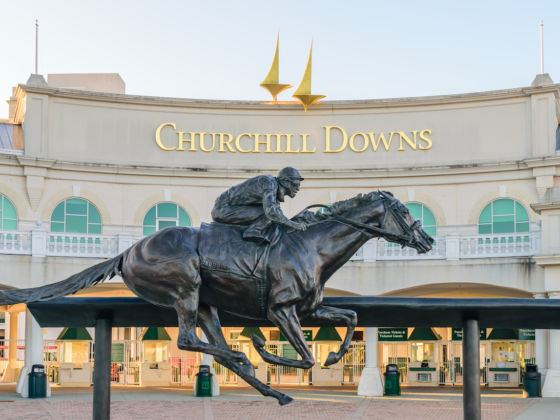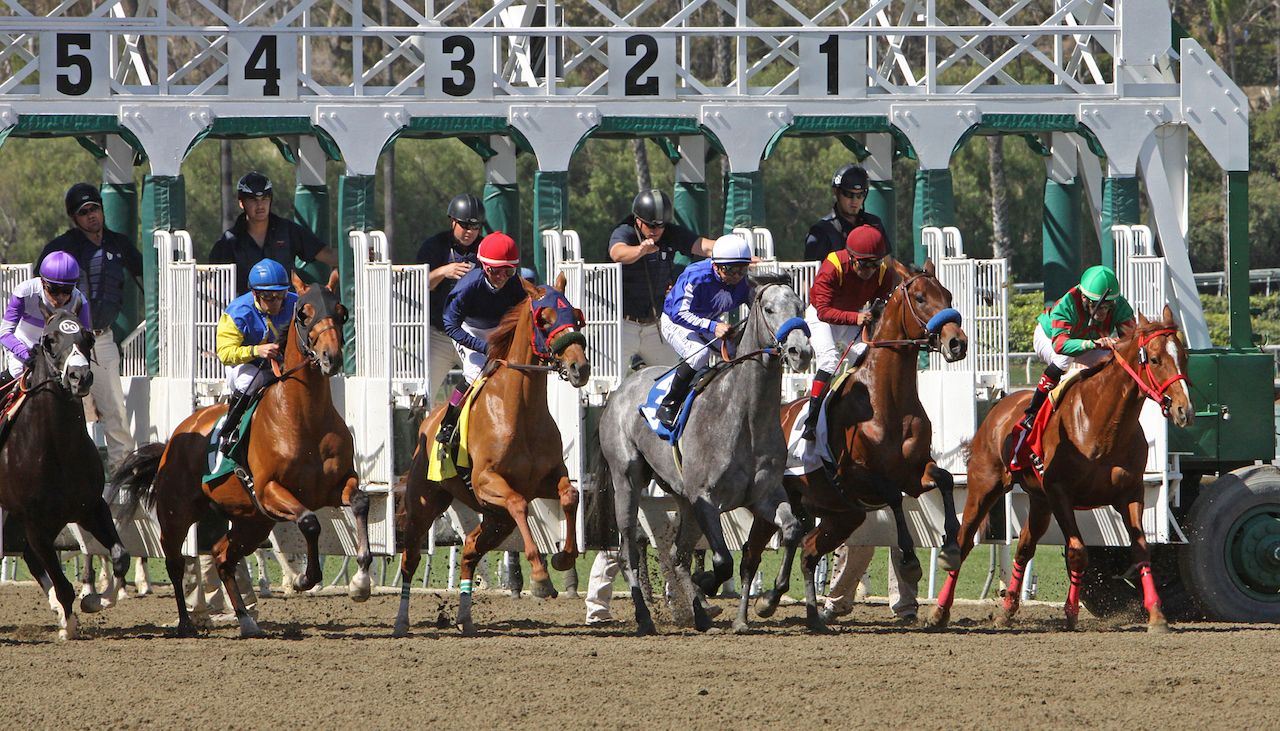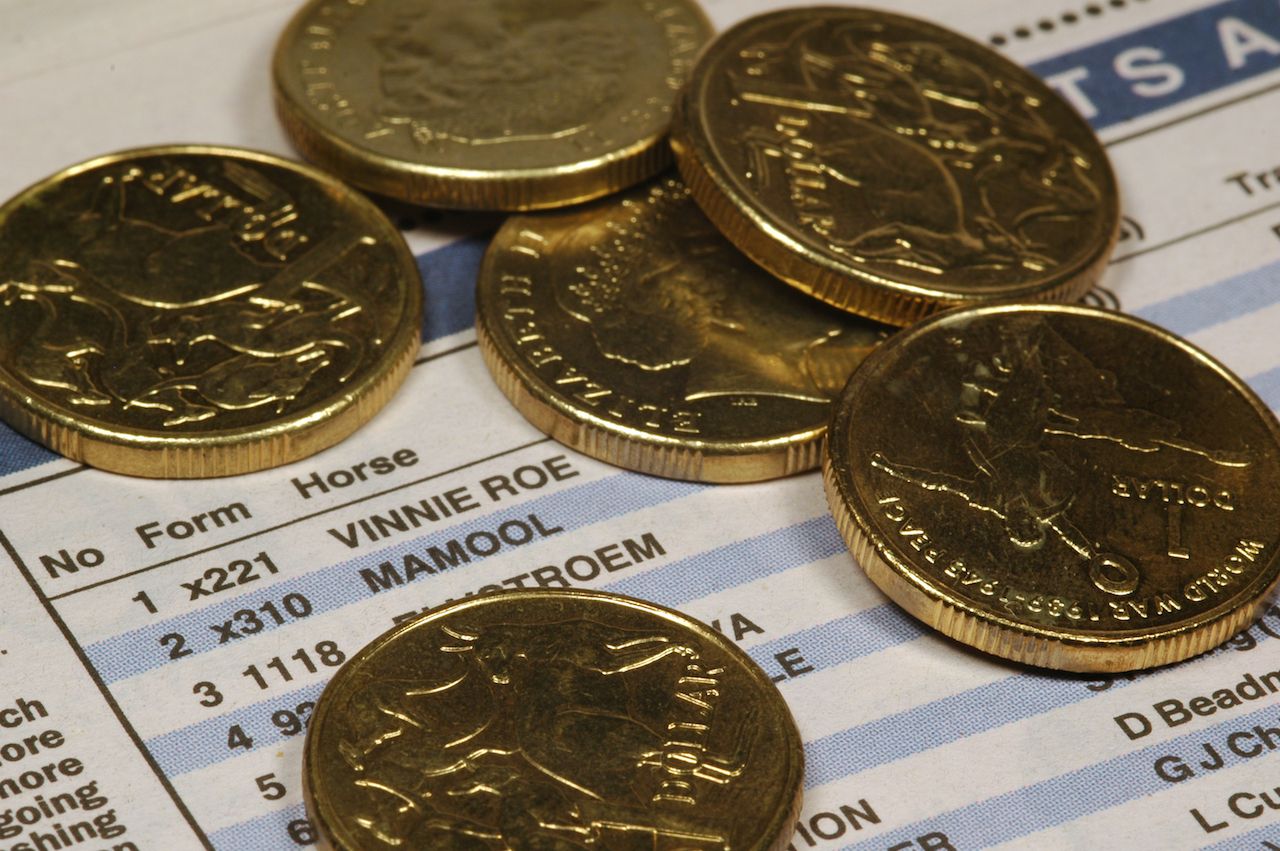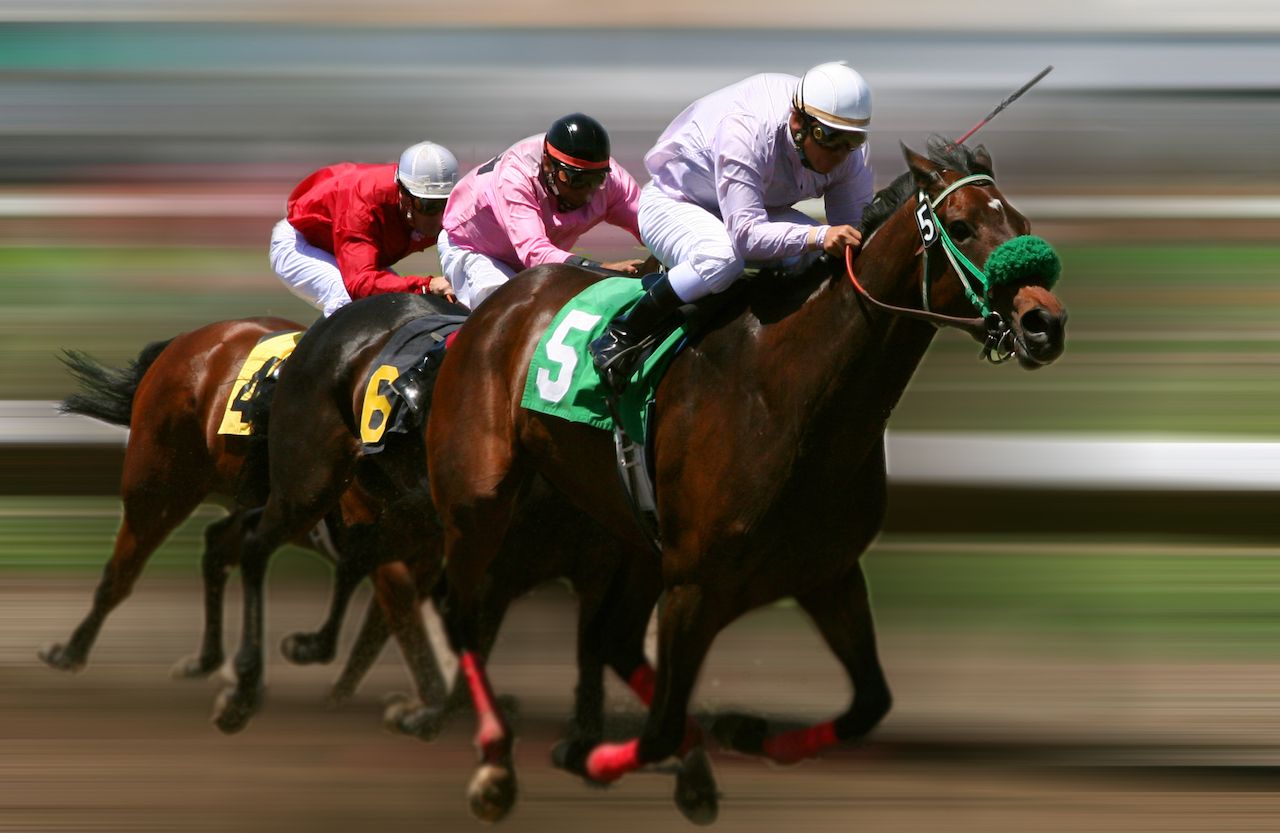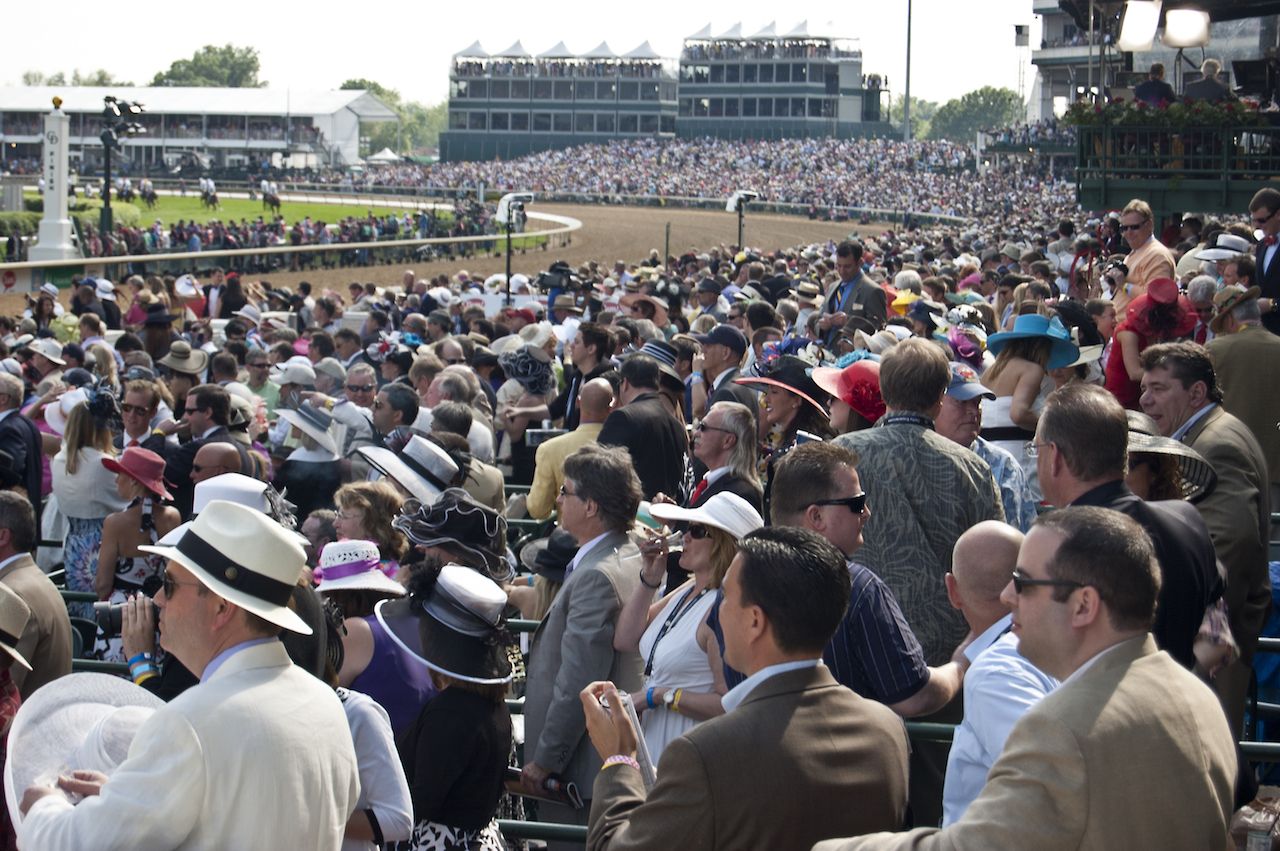Among my friends, I am Horse Racing Guy. I’m the one who, when someone suggests Sunday Brunch, counters with, “Or how about we go to the track?!”
Say what you will, but this is definitely better than being Strip Club Guy. Still not as cool as being Boat Guy. But for one weekend a year, being the guy who knows how to bet horses makes you at least a few notches cooler — if only because you can answer the handful of questions that inevitably pop up every time a muggle watches a horse sprint down a track.
